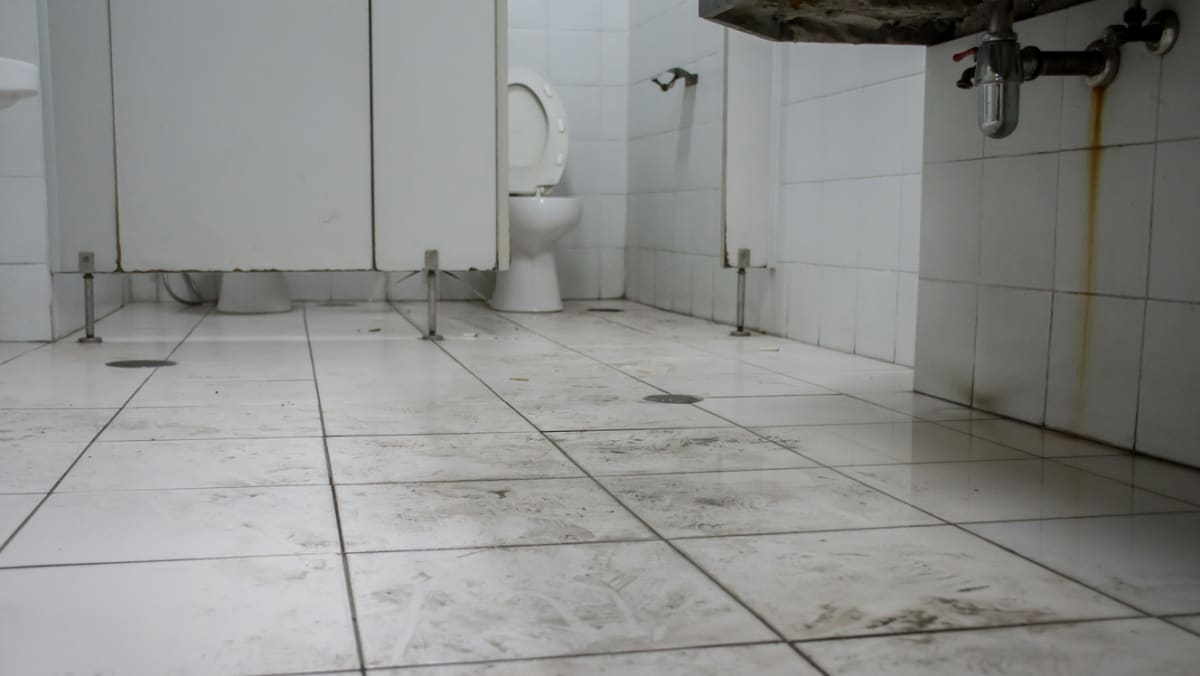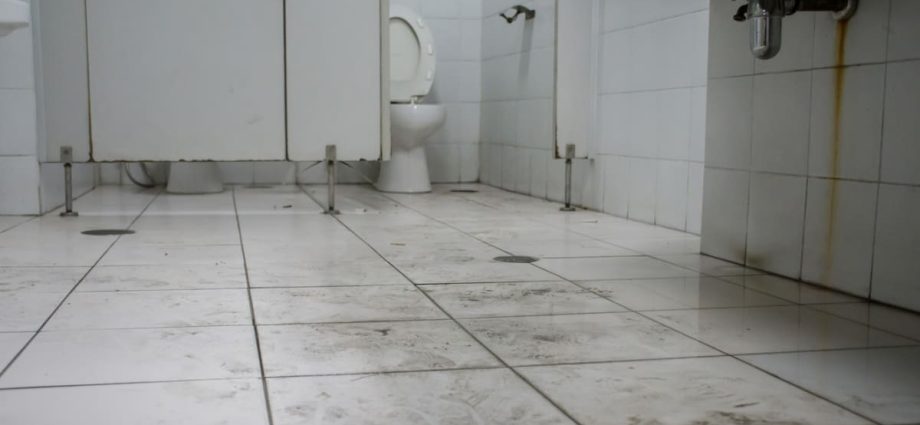
PAY FOR CLEANER TOILETS?
Some have suggested subsidies for coffee shop owners to hire professional cleaners.
Michelle Tay, my colleague at Singapore Kindness Movement, told Mediacorp Channel 8’s Hello Singapore programme last week that while there is merit in that suggestion, coffee shop owners need to use these funds responsibly, whether it is to hire more cleaners or to install hand dryers or non-slip tiles.
In high traffic areas such as Maxwell Hawker Centre or People’s Park Complex, some public hawker toilets have undergone renovations (complete with Dyson hand dryers).
But even with infrastructure in place, the onus is on users to keep the facilities clean, she added. The most modern public toilet can still get dirty if users flick water on the floor or leave dirty tissues behind.
I have heard horror stories of kopitiam owners neglecting their toilet facilities because it is a cost centre. Soap, water, and toilet paper cost money, as the argument goes, so why encourage people to use it more? Subsidies may help in this area, but it still doesn’t address the underlying economic issue – clean toilets cost money.
Instead of using a carrot, what about the stick then? Take a leaf from tray return, and take a harder approach. Consider having toilets pass a weekly test, for example, failing which, the coffee shop and hawker centre would have to shut for a day of cleaning or be fined.
It sounds draconian but so did tray return measures when they were first mooted.
Let’s not forget that clean toilets are ultimately a public health issue. Patrons who cannot wash their hands after using the toilet because the faucet is broken or where there is no soap, may suffer unpleasant digestive consequences.
Worse, workers who use dirty toilets may end up causing a food poisoning epidemic. Such public health hazards can be prevented by stricter rules and enforcement.

